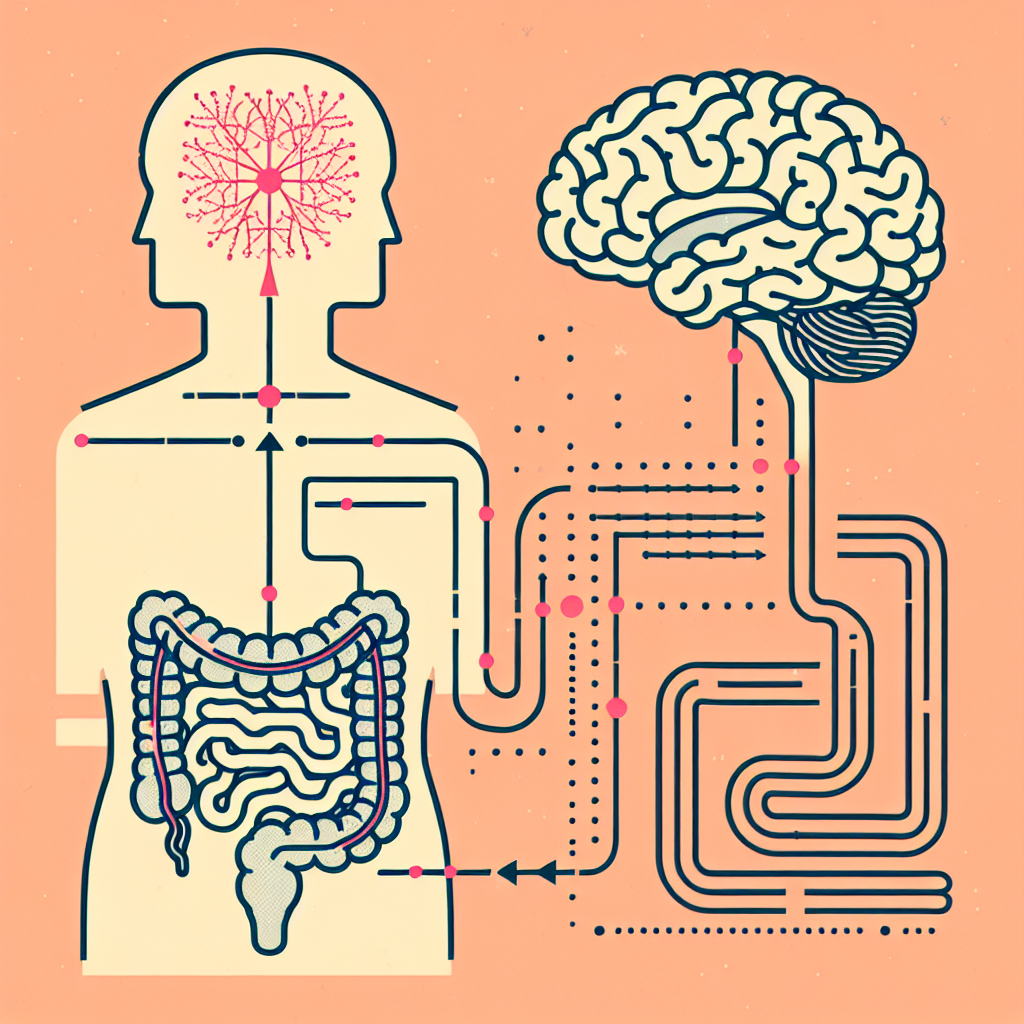Mindfulness meditation has become a beacon of hope for many dealing with the stresses of modern life, and its benefits reach far beyond the realms of mental and emotional well-being. Emerging research suggests that the practice of mindfulness meditation may have profound effects on digestive health, offering relief and support to individuals suffering from various gastrointestinal disorders.
Understanding Mindfulness Meditation
Mindfulness meditation is a form of meditation that encourages heightened awareness of the present moment. It involves focusing attention on the breath, body sensations, or a specific thought or object, to anchor the mind and keep it from wandering. Through regular practice, mindfulness can train the brain to maintain a calm, non-judgmental awareness of one’s thoughts and feelings, which can lead to reduced stress and improved overall health.
The Mind-Gut Connection
The digestive system is often called the "second brain" due to the presence of the enteric nervous system (ENS), a complex network of neurons that governs the function of the gastrointestinal tract. This system communicates with the brain via the vagus nerve, forming a bidirectional pathway known as the gut-brain axis. Stress and emotional states can directly influence gut function, often exacerbating symptoms of digestive disorders such as irritable bowel syndrome (IBS), inflammatory bowel disease (IBD), and gastroesophageal reflux disease (GERD).
The Impact of Mindfulness on Digestive Health
Mindfulness meditation can modulate this gut-brain communication, helping to soothe digestive symptoms in various ways:
Reducing Stress-Related Digestive Issues
Chronic stress is a known aggravator of digestive problems. Mindfulness meditation can lower stress levels by reducing the activity of the sympathetic nervous system (the fight or flight response) and enhancing the parasympathetic nervous system (the rest and digest response). By doing so, it can potentially alleviate stress-induced digestive issues such as acid reflux, stomach ulcers, and IBS. Research has shown that mindfulness-based stress reduction (MBSR) programs can significantly improve the symptoms of IBS.
Enhancing Digestive Function
Regular mindfulness practice can improve digestion by promoting relaxation and allowing the digestive system to function more efficiently. When the body is relaxed, the production of digestive enzymes increases, nutrient absorption is enhanced, and gut motility is optimized to prevent conditions like constipation and bloating.
Alleviating Inflammation
Inflammation is a key factor in many digestive disorders, including IBD. Mindfulness meditation has been found to have anti-inflammatory effects, potentially due to its ability to downregulate pro-inflammatory genes. This can lead to decreased inflammation in the digestive tract and relief from conditions like Crohn’s disease and ulcerative colitis.
For those looking to delve deeper into the relationship between stress and gut health, consider exploring the impact of emotional stress on gut function.
Improving Microbiota Diversity
The gut microbiota plays a crucial role in maintaining digestive health. Stress can negatively impact the diversity and balance of these gut microbes. Mindfulness meditation may help to preserve a healthy gut microbiome, which is essential for proper digestion, immune function, and even mental health.
Supporting Liver Function
The liver is pivotal in detoxification and digestion. Mindfulness practices can aid liver health by reducing the effects of stress on the body, which, in turn, may enhance the liver’s ability to process toxins and fats. For more insights into maintaining a healthy liver, you might be interested in reading about managing liver health for effective toxin elimination.
Integrating Mindfulness Meditation into Your Routine
Incorporating mindfulness meditation into your daily life can be simple and does not require extensive training or special equipment. Here are some steps to get started:
- Find a Quiet Space: Choose a calm, comfortable place where you can sit undisturbed for the duration of your practice.
- Set a Time Limit: Start with a short period, such as 5-10 minutes, and gradually increase as you become more accustomed to the practice.
- Pay Attention to Your Body: Sit in a relaxed but alert posture, focusing on your breath or the sensations in your body.
- Notice When Your Mind Wanders: It’s natural for thoughts to arise. Gently acknowledge them and return your focus to your breath or chosen point of attention.
- Be Kind to Yourself: Mindfulness is a skill that takes time to develop. Be patient and compassionate with yourself as you practice.
For those struggling with digestive issues, mindfulness meditation can be a valuable complement to other treatments. However, it’s important to continue following medical advice and treatment plans prescribed by healthcare professionals.
Further Resources and Reading
To maximize the benefits of mindfulness meditation for digestive health, consider combining the practice with other health-supportive habits. For instance, learning about nutritional strategies for managing gastritis can provide dietary tips that work in harmony with mindfulness to support the digestive system.
For a comprehensive understanding of digestive health, visit Avix Health’s Digestive Health section, which offers a wealth of information on various aspects of maintaining a healthy digestive system.
Additionally, external resources such as the International Foundation for Gastrointestinal Disorders provide valuable information on managing digestive conditions, and resources like Mindful offer guidance on starting and maintaining a mindfulness practice.
Conclusion
Mindfulness meditation is a powerful tool that holds great promise for improving digestive health. Its ability to reduce stress, enhance digestive function, alleviate inflammation, and support a healthy gut microbiome can be life-changing for those suffering from digestive disorders. By incorporating mindfulness into daily life and combining it with other healthy habits, individuals may experience significant improvements in their digestive health and overall quality of life.
Remember, while mindfulness is a beneficial practice, it’s essential to consult with healthcare professionals for personalized medical advice and treatment for digestive disorders. Mindfulness can be an integral part of a holistic approach to digestive health, fostering both physical and mental well-being.



